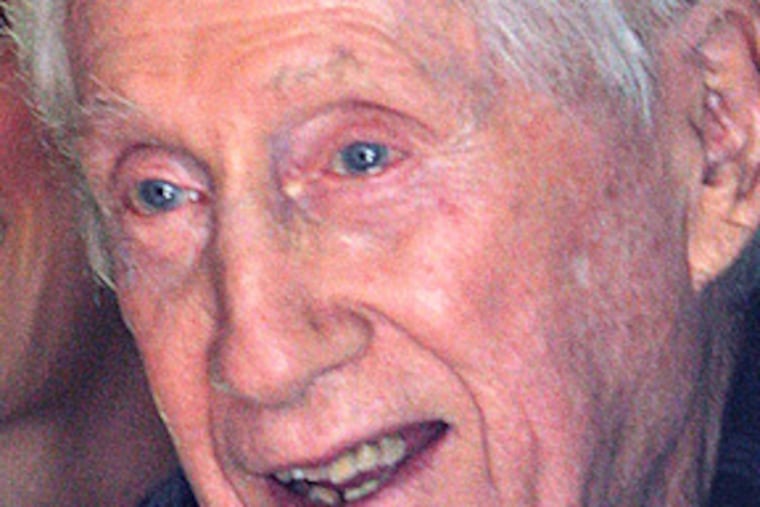
The death of W. Mark Felt, known to history as "Deep Throat," serves as a reminder of the importance of courageous whistleblowers and a robust media.
To generations born after Watergate, Felt's story is worth repeating. He was a career FBI man who rose by 1972 to become the bureau's second-highest ranking official.
In June 1972, burglars broke into the offices of the Democratic Party's national headquarters in the Watergate office complex in Washington. Six men were arrested.
Enterprising journalists Bob Woodward and Carl Bernstein of the Washington Post soon connected the break-in to "a massive campaign of political spying and sabotage" run by the White House and the reelection campaign of President Richard M. Nixon. But they encountered stiff resistance in trying to document the extent of the conspiracy and subsequent cover-up.
Woodward contacted Felt, whom he had used as a source previously. Felt's position was so sensitive, and the story so explosive, that he agreed to meet Woodward only in a parking garage at 2 a.m. on rare occasions. There, Felt provided tips to the journalist on the involvement of Nixon's aides and cronies in various crimes. He insisted on anonymity.
The Post's reporting led to the discovery of the president's secret audiotaping system. Those tapes made clear that Nixon had authorized a cover-up. He resigned as Congress moved to impeach him.
"The system of justice had been so polluted and corrupted and politicized by Nixon and his men that the FBI could never get to the bottom of Watergate," Woodward wrote in 2005. "Mark Felt was driven to expose what was going on." Without Felt and others who rose up against the corruption, "you never would or could have gotten to the Nixon tapes."
Felt's career was not unblemished. In 1980, he was convicted of violating the civil rights of people thought to be associated with the radical Weather Underground by ordering FBI agents to search their homes to prevent bombings. He was fined but later pardoned by President Reagan.
Woodward protected Felt's identity as Deep Throat until 2005, when both men went public. (Nixon suspected Felt from the start). Felt was 95 when he died Thursday.
Felt's critics said he had been motivated by anger at being passed over for the FBI's top job. But Felt had something stronger on his side: the truth. He is the most famous of whistleblowers - people with integrity and courage who stand up to wrongdoing in their midst.
His passing is also a reminder of how important an independent media is as a check against the abuses of governmental authority. With layoffs and other cutbacks in the media in recent years, there's a risk that whistleblowers are less likely to have their complaints aired widely. And fewer media outlets might be willing today to devote adequate resources to lengthy investigations of wrongdoing.
To keep government officials honest, the public needs more people like W. Mark Felt. And viable media to make sure their stories are told.